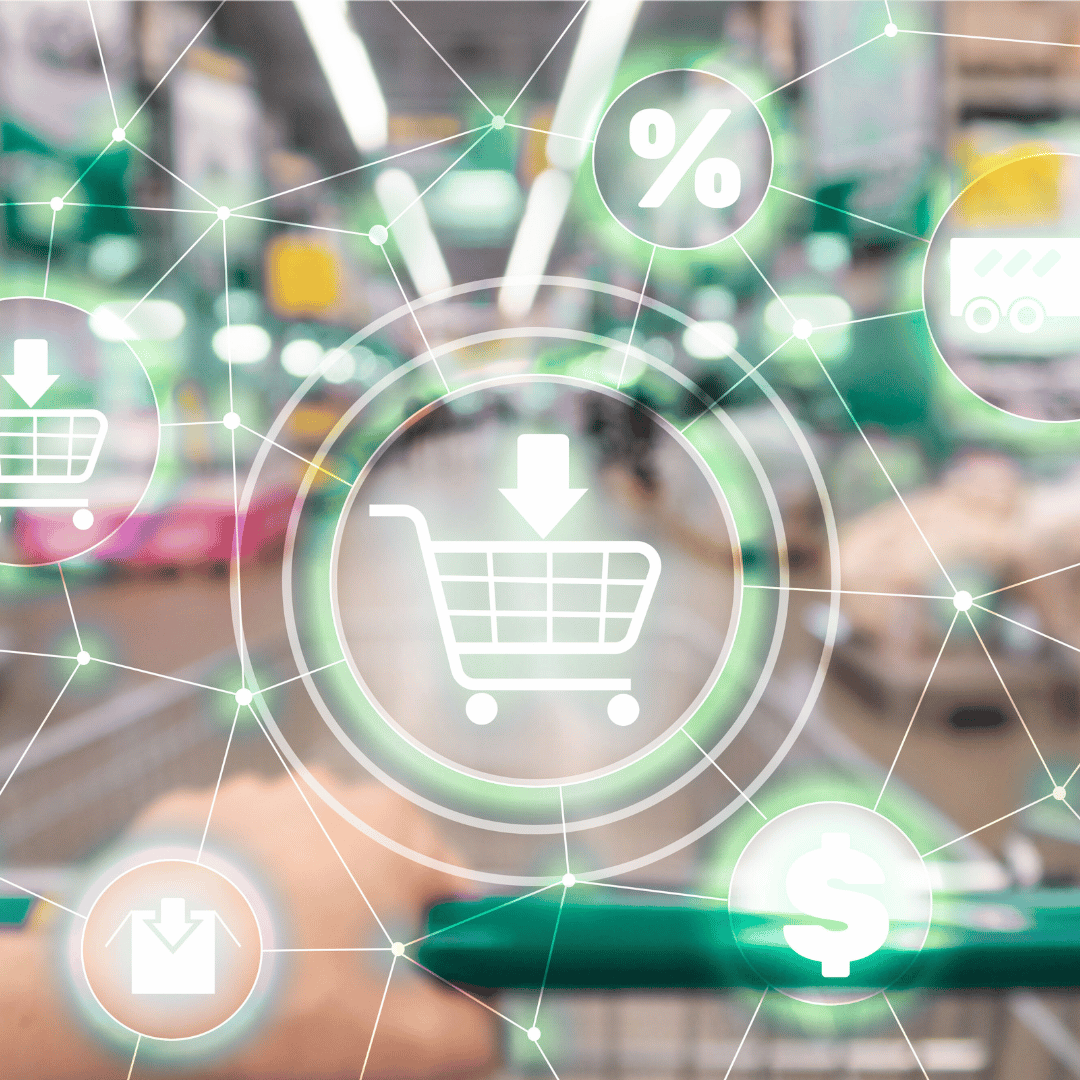
AI in E-Commerce: Personalization and Efficiency for Startups in 2025
Welcome back to the Modulair Studio blog! As we build on our explorations of AI-native solutions—like generative AI in product design, AI agents in automation, multimodal AI for UX, AI-driven cybersecurity, and quantum AI's complex problem-solving—we're now focusing on AI's transformative role in e-commerce. For young entrepreneurs, tech startups, and professional services firms attracted to our AI-influenced approach, AI offers tools to scale efficiently and personalize at unprecedented levels. At Modulair Studio, our strategist, designer, and developer team harnesses AI to augment our human creativity, using platforms like Grok, Gemini, Figma, and Miro to deliver tailored solutions. This in-depth post covers AI's impact on e-commerce personalization and efficiency, 2025 trends, applications for startups, our human-AI synergy method, a hypothetical case study, challenges, and future outlook—packed with actionable insights for innovative businesses.
Understanding AI's Role in E-Commerce for Startups
AI in e-commerce leverages machine learning, data analytics, and automation to enhance customer experiences, optimize operations, and drive growth—particularly valuable for resource-constrained startups [0][1][2]. For young entrepreneurs building online stores or tech platforms, AI means turning data into decisions: from predicting inventory needs to crafting personalized shopping journeys. In 2025, with global e-commerce projected to hit $8.1 trillion, AI adoption is no longer optional—it's a competitive edge, boosting conversion rates by 20-30% through hyper-personalization [3][4][6]. This is especially relevant for tech startups and professional services, where AI streamlines client interactions and scales services without proportional cost increases.
Key benefits include:
- Personalization: AI analyzes user behavior to recommend products, increasing average order value by 15% [2][8].
- Efficiency: Automating inventory, pricing, and logistics to reduce operational overhead by 25-40% [0][2].
- Scalability: Enabling startups to compete with giants through data-driven insights [1][7].
Top AI Trends in E-Commerce for 2025
2025 marks a pivotal year for AI in e-commerce, with trends emphasizing sustainability, voice commerce, and agentic AI—tailored for startups seeking agile growth [0][1][2][3][5][7][8]. Here's what entrepreneurs and tech founders should watch:
- Hyper-Personalization: AI will deliver bespoke experiences, with 80% of shopping influenced by personalized recommendations, boosting retention for e-commerce startups [2][3][8].
- Conversational and Voice Commerce: By 2025, half of searches will be voice-activated, enabling AI chatbots for seamless transactions—ideal for professional services automating client queries [2][5][8].
- AI Agents and Automation: Autonomous agents handle inventory, pricing, and fraud detection, cutting costs for startups by optimizing delivery routes and marketing [0][2][8].
- Sustainability and Ethical AI: AI-driven supply chains reduce waste, appealing to eco-conscious entrepreneurs, with trends like visual search for sustainable products [0][5].
- Integrated AI Ecosystems: Cloud-based AI for fraud detection and dynamic pricing, enabling startups to scale without heavy infrastructure [1][4][6].
McKinsey notes these trends could add trillions to e-commerce value, with startups leading through agile AI adoption [7].
Applications of AI in E-Commerce for Entrepreneurs and Startups
AI's practical applications make it a must-have for e-commerce and tech startups, from personalization to operations [0][2][6][8].
- Personalized Marketing and Recommendations: AI analyzes behavior for targeted campaigns, increasing sales by 25% for professional services firms offering e-commerce tools [2][3].
- Inventory and Supply Chain Optimization: Predictive AI forecasts demand, reducing stockouts by 30% for startup retailers [0][2].
- Fraud Detection and Security: Real-time AI spots anomalies, crucial for e-commerce startups handling payments [2][8].
- Visual and Voice Search: Enabling customers to search via images or voice, boosting engagement for tech-savvy entrepreneurs [2][5].
- Dynamic Pricing: AI adjusts prices in real-time, optimizing revenue for professional services in competitive markets [2].
For health supplement e-commerce (like our test client focus), AI personalizes recommendations based on user health data, driving loyalty [3][8].
The Modulair Studio Approach: Human-AI Synergy for E-Commerce Solutions
At Modulair Studio, we blend AI with human expertise to create e-commerce solutions that scale for startups. Some examples of our approach:
- Strategy: Miro for AI-optimized planning
- Design: Personalized UIs in Figma
- Design: Build efficient backends with Grok and Gemini
Human critical thinking ensures ethical personalization, avoiding biases while delivering 40% faster iterations [0]. This approach supports our proprietary AI app development, tailored for entrepreneurial clients.
Challenges and Ethical Considerations in AI E-Commerce
While promising, AI in e-commerce poses challenges like data privacy (GDPR compliance) and bias in recommendations, with 40% of startups facing integration hurdles [1][7]. Ethical AI ensures fairness, with sustainability trends reducing carbon footprints through optimized logistics [5]. At Modulair Studio, we mitigate these via human oversight.
Looking Ahead: AI's E-Commerce Evolution in 2025 and Beyond
By 2025's end, AI will redefine e-commerce for startups, with conversational commerce and agents leading [5][8]. For entrepreneurs, this means sustainable growth—Modulair Studio is your partner.
Follow for more. Ready to AI-power your e-commerce? Contact us at [insert contact link].
Sources Cited:
[0] The State of AI in E-Commerce: 2025 Quid Trend Report
[1] Future of AI: Perspectives for Startups 2025 report | Google Cloud
[2] 10 AI Trends That Will Revolutionize E-Commerce in 2025 - Ufleet
[3] 12 E-Commerce Trends to Follow in 2025 - artlabs
[4] The Top 25 Digital Commerce Statistics to Know for 2025 - Cimulate AI
[5] AI, sustainability, and personalization will change ecommerce 2025
[6] How AI For Ecommerce Is Set To Transform Business in 2025
[7] McKinsey technology trends outlook 2025
[8] How AI is Revolutionizing eCommerce: Trends to Watch in 2025


